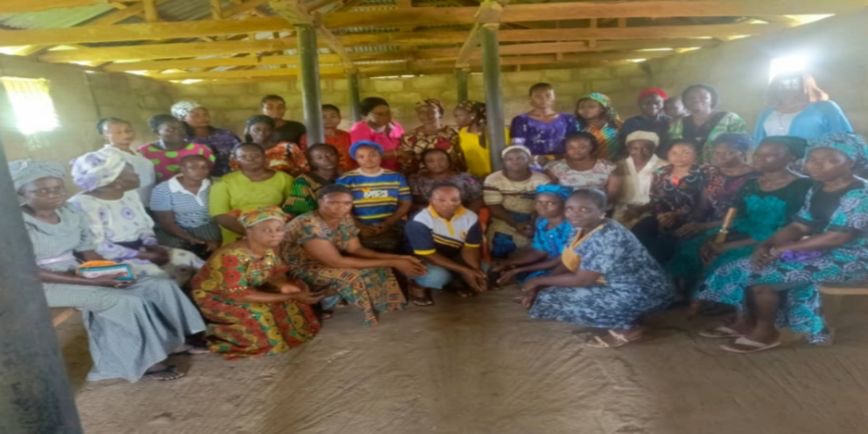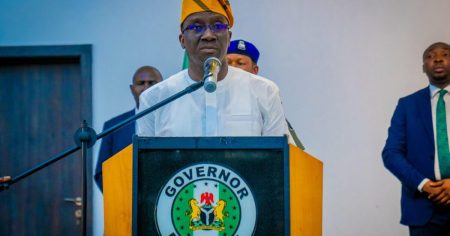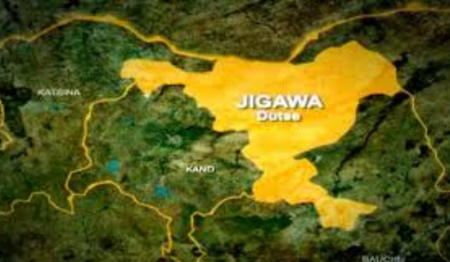The Plight of Women Cocoa Farmers in Ondo State and the Call for Inclusion in the African Cocoa Agenda 2063
Women cocoa farmers in Ondo State, Nigeria, are vital to the cocoa industry, contributing significantly to all stages of cocoa production, from planting and nurturing the delicate seedlings to the intricate post-harvest processing that prepares the beans for market. Despite their integral role, these women face numerous challenges that hinder their productivity and economic advancement. They are often excluded from crucial support systems, denied access to essential training programs, and marginalized in decision-making processes. These barriers limit their ability to fully participate in and benefit from the cocoa value chain. Recognizing the urgent need for change, these women have raised their voices, calling upon both federal and state governments to ensure their meaningful inclusion in the African Cocoa Agenda 2063. This agenda represents a transformative opportunity for the cocoa sector, and the women farmers insist that their voices be heard and their contributions recognized.
The African Cocoa Agenda 2063: A Beacon of Hope for Sustainable and Inclusive Cocoa Production
The African Cocoa Agenda 2063 is a comprehensive framework spearheaded by the African Union, envisioning a future where cocoa production is sustainable, inclusive, and economically prosperous. Aligned with the AU’s broader Agenda 2063, this initiative aims to revolutionize the cocoa sector across the continent, increasing Africa’s share in the global cocoa market while ensuring fair and equitable benefits for all stakeholders, particularly the farmers who are the backbone of the industry. The agenda represents a 50-year commitment by African leaders to build a cocoa sector that fosters economic growth and empowers communities. For women cocoa farmers in Nigeria, this agenda holds immense potential, offering a pathway to economic empowerment and a stronger voice in shaping the future of cocoa.
Women’s Crucial Role in Cocoa Production and the Need for Targeted Support
Women’s contributions to the cocoa sector are multifaceted and indispensable. They are involved in every stage of the process, from the meticulous planting and tending of cocoa trees to the crucial post-harvest processing that prepares the beans for market. Their knowledge and expertise are essential for maintaining the quality and sustainability of cocoa production. However, these invaluable contributions often go unrecognized and unsupported. Women farmers face numerous challenges, including limited access to finance and credit facilities, lack of training in modern farming techniques, and exclusion from decision-making platforms. These barriers hinder their productivity and limit their potential to benefit fully from their labor. Addressing these challenges through targeted interventions, such as providing access to finance, training, and market opportunities, is crucial for empowering women farmers and ensuring the long-term sustainability of the cocoa sector.
Advocacy Efforts and Engagement with Stakeholders to Amplify Women’s Voices
Recognizing the need for collective action, organizations like the Development Research and Projects Centre (dRPC) and the Association of Women in Trade and Agriculture (AWITA) have stepped forward to advocate for the inclusion of women cocoa farmers in the African Cocoa Agenda 2063. These organizations are working to amplify the voices of women farmers, ensuring that their concerns and needs are heard by policymakers and other key stakeholders. Through stakeholder engagements and meetings with government officials, these advocates are striving to create an enabling environment where women farmers can thrive. They emphasize the importance of providing women with access to financial resources, training in modern cocoa farming techniques, and representation in all cocoa-related development initiatives under the African Cocoa Agenda 2063.
Collaboration and Partnerships for Effective Policy Implementation
Achieving the goals of the African Cocoa Agenda 2063 and empowering women cocoa farmers requires a collaborative approach. The dRPC and AWITA are actively engaging with government officials at both federal and state levels, seeking to build partnerships that will ensure the effective implementation of inclusive cocoa policies. These collaborations aim to create a supportive ecosystem that empowers women farmers, providing them with the resources and opportunities they need to succeed. By working together, government institutions, NGOs, and women’s organizations can create a more equitable and prosperous cocoa sector that benefits all stakeholders.
The Path Forward: Empowering Women Cocoa Farmers for a Sustainable Future
The future of the cocoa sector in Nigeria depends on empowering women farmers and recognizing their crucial role in the value chain. By addressing the challenges they face and providing them with the necessary support, Nigeria can unlock the full potential of its cocoa industry. The African Cocoa Agenda 2063 presents a unique opportunity to transform the sector, creating a more sustainable, inclusive, and prosperous future for all. Ensuring that women farmers are actively involved in shaping and implementing this agenda is essential for its success and for realizing the full potential of the cocoa industry in Nigeria. Their inclusion not only benefits them individually but also strengthens the entire sector, contributing to economic growth and development.














